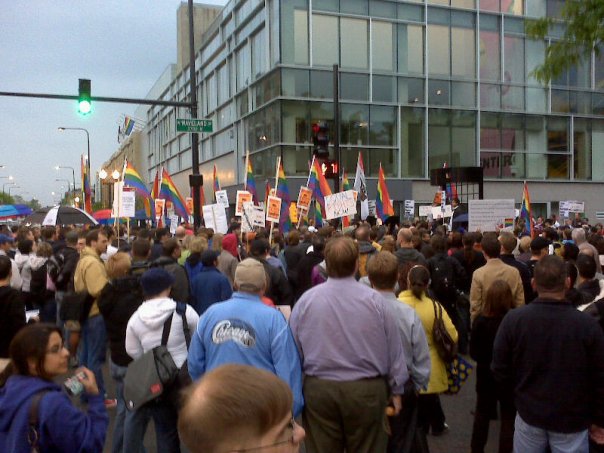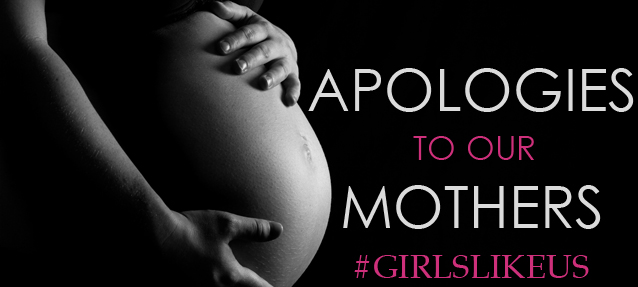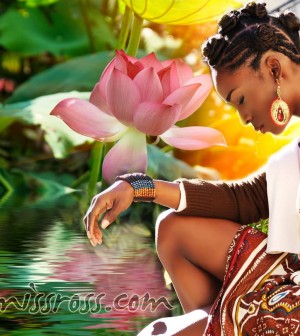
I had the honor and privilege of being invited to speak at GLAAD’s inaugural Black Queer Creative Summit about “The Hero’s Journey” on a panel with my friend and successful Hollywood producer Sidra Smith moderated by another brilliant woman and entertainment journalist I’m blessed to be friends with Shar Jossell. Sidra shared some incredible advice from her experience producing the Black queer series, “A Luv Tale” streaming on BET+ now, but Sidra spoke about how challenging it was to bring the project to fruition in an environment that wasn’t ready to embrace queer women or men as part of the beautiful spectrum of our Black community.
In our discussion I emphasized the importance of Black queer media and spoke about how my struggle to find any representation of a Black trans women in mainstream media inspired me to create my own media. Through a dying oral history I have learned of the heroes and transcestors who stories the world may never know. Black queer media is revolutionary. It allows us to create something beautiful out of our joy and our pain, in our own words, and showcase our lives in our own ways. Black queer and trans media is essential to creating empathy towards our communities across the diaspora. Our stories told thru media have become powerful tools to help to fight the discrimination and hate we continue face across all intersections of Black LGBTQ+ identities.
By creating our own media, we can break down harmful stereotypes and create more understanding of who we are as beautifully complex human beings. Black queer media is necessary for activism, education, and advocacy and it is our responsibility to create meaningful content that reflects our experiences and encourages storytelling.
We must also be intentional about seeking out and consuming Black queer and trans media. If no one else I believe it is important for us to amplify our voices and not rely on mainstream media to tell our stories. I called out the fact that we have not been doing a good job at supporting our Black Queer creatives. I used Todrick Hall as an example. I was blunt about the fact that a lot of the Black queer and trans community doesn’t really see it for Todrick. “It sounds like he may have some internal conflict about his Black identity, which frankly, we all have to confront at some point because anti-Blackness is pervasive” the King of Reads wrote in a blog post. Todrick has had many cringe moments that have had many of us Black queer and trans folks either left hurt, confused, or offended by what I referred to as “internalized anti-blackness”. There was an audible “whew” from the entire crowd. Things got real.
I spoke about the privilege many of us in that room have had to decolonize our minds over the years through social justice trainings at conferences like The LGBTQ Task Force’s “Creating Change”. Some of us have learned these tools from community organizers and leaders who often times have been educating us all for free because they understand that none of us are free until all of us are free.

I told the audience I personally texted Todrick the day after seeing him slay on stage the night before and apologized. I told him that I was sorry I had not gotten my tickets the day he announced his tour and that I wanted to do better. What I saw on stage was someone who is a master at their craft. It’s undeniable. Todrick can sing his ass off, dance, writes his songs, and puts on a hell of a show. I was thoroughly entertained.
I offered that we learn to love and support our Black queer creatives. Even the ones we don’t fully understand or agree with. I say this, because multiple things can be true. Just because someone is incredibly talented, doesn’t mean they are above valid critique and accountability to communities they belong to and are supported by. “I love America more than any other country in this world, and, exactly for this reason, I insist on the right to criticize her perpetually” – James Baldwin
I of course also took the moment to encourage folks to support the independent music and other project that I and other creatives have been releasing. I pointed out that I’m still discovering new Black queer and trans music artist. As I expect folks to support my music I have to be willing to support other folks in my community who are also creating music and art.
We must use our creative power to create meaningful work that will help to empower our communities and make a lasting impact. The power of black queer media is limitless and together we can create a brighter future for Black queer and trans communities around the world.
A huge thank you to GLAAD for finding a way to not only make this event free to the attendees, but to also pay for their travel, hotel and meals while at the summit for over 150 attendees. An also added surprise when Sidra Smith and others organized a pitch contest where a couple attendees walked away with money to start their creative vision. Thank you to DaShawn Usher, Julian J. Walker, Kayla Thompson, Shar Jossell, Ryan Mitchell, Zully Perez, Dashka Gabriel, Kenneth Courtney, Sophia Yeshi, Crystal Butler and so many others who helped to create this space for us to learn about and from one another.
@them.us Angelica Ross speaks about the importance of Black queer media at the inaugural Black Queer Creative Summit hosted by @glaad #queertiktok #angelicaross #blacktranswoman #blackqueertiktok ♬ original sound – Them



